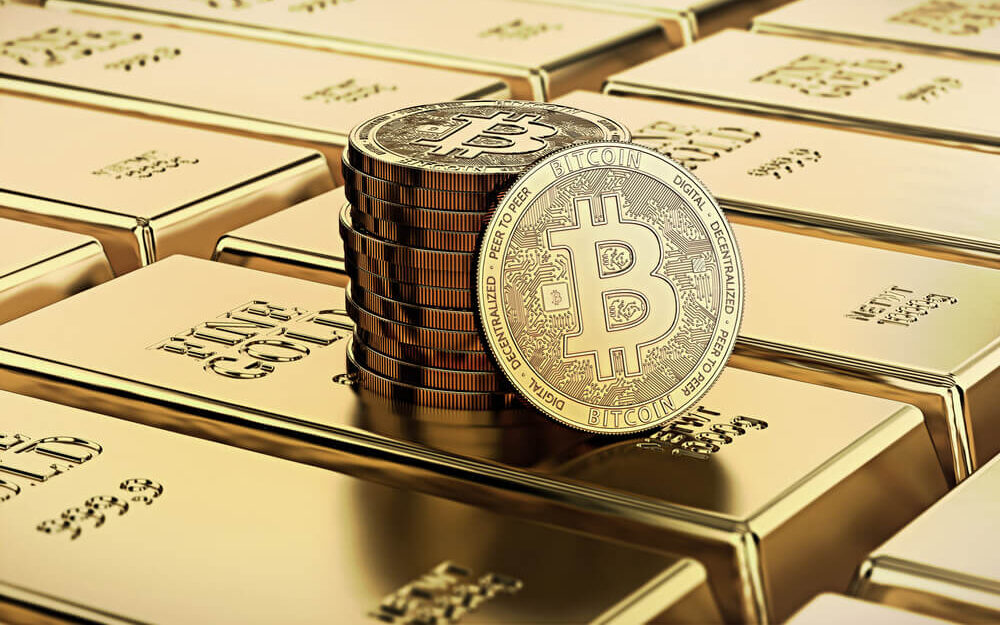In case you missed it, the Federal Reserve made waves this past week.
The Fed upped its GDP forecast for 2021 to 6.5% from the 4.2% forecast in December. But despite this newfound optimism, Chairman Jerome Powell and his colleagues have no plans to raise short-term interest rates until 2023 at the earliest. And there is no immediate plan to scale back the $120 billion in bond purchases the Fed gobbles up every month.
Meanwhile, the Fed’s statement noted that “Inflation continues to run below 2%,” which is the bank’s stated target.
Looking forward, though, the plot thickens.
The Fed’s projections show inflation possibly rising as high as 2.4% by the end of the year. But Powell put fears of imminent tightening to rest by saying he was expecting any inflation this year to be “transient.” The Fed won’t overreact by hiking rates and potentially stifling the recovery when the inflation is a one-off event and not a trend.
So, to summarize:
- The economy is recovering faster than expected.
- Any inflation is expected to be a short-term blip at most.
- And the Fed is keeping the monetary spigots flowing freely.
That’s all good news, right?
What the Fed Really Said
Maybe not. Bond yields surged to their highest levels since the onset of the pandemic, with the 10-year Treasury now yielding 1.7% and the 30-year yielding 2.5%.
Even after that surge, the 10-year yield is below the Fed’s inflation estimate for the year, and the 30-year yield is higher by only 0.1%. That means most bond investors will actually lose money this year after adjusting their returns for inflation.
Of course, all is not lost:
The federal reserve basically promised falling negative real rates for the next two years.
Brilliant for #Gold & #Bitcoin
— Marrrk J. Valek (@MarkValek) March 17, 2021
Or, putting it more bluntly:
The Chairman of the Federal Reserve just finished his speech.
He basically told everybody to buy #Bitcoin
😂 True story 🤷🏻♂️
— Bitcoin Archive 🗄🚀🌔 (@BTC_Archive) March 17, 2021
The Fed is blazing new trails here. We’ve never had central bank intervention on this scale before. And while I’m not a congenital dollar bear, this does bring into question the dollar’s role as a long-term store of value. If you’re guaranteed to lose money holding dollars in real, inflation-adjusted terms, you’re incentivized to find other havens for your money like bitcoin.
Traditionally, that haven is gold and “hard” currencies like the Swiss franc. But these days, the Swiss are no better currency stewards than their American counterparts. The Swiss National Bank has its equivalent of the Fed funds rate pegged at -0.75%. Apart from inflation concerns, you’re losing three-quarters of a percent to negative interest rates for the pleasure of holding your savings in francs.
That leaves gold and newer options like Bitcoin.
Gold, Bitcoin or Cold Hard Cash?
Before you dump your dollars and back up the proverbial truck on gold and Bitcoin, remember that both are excellent diversifiers. But your living expenses are still in dollars. You still need to keep the bulk of your assets denominated in good old-fashioned greenbacks.
Here’s why.
Gold hasn’t exactly been playing ball of late. Its price is down about 16% from its August 2020 high, and this despite the Fed’s relentless pumping.
And the swings in Bitcoin are the stuff of legend. The crypto peaked at over $20,000 in late 2017 before rolling over and losing more than 80% of its value. And it’s had plenty of mini booms and busts in the years that have followed.
Plus, let’s face it. The Bitcoin story is appealing — it’s a currency that central banks can’t debase. But it’s also a new concept in the long timeline of financial history, and there is no guarantee that something new and improved doesn’t come along and replace it tomorrow.
So, by all means. Put some money in gold, and buy some bitcoin. The Fed is all but begging you to do so at this point. But keep your position sizes reasonable, and remember that other assets like stocks and real estate can serve as currency hedges too.
To safe profits,
Charles Sizemore
Charles Sizemore is the editor of Green Zone Fortunes and specializes in income and retirement topics. Charles is a regular on The Bull & The Bear podcast. He is also a frequent guest on CNBC, Bloomberg and Fox Business.
